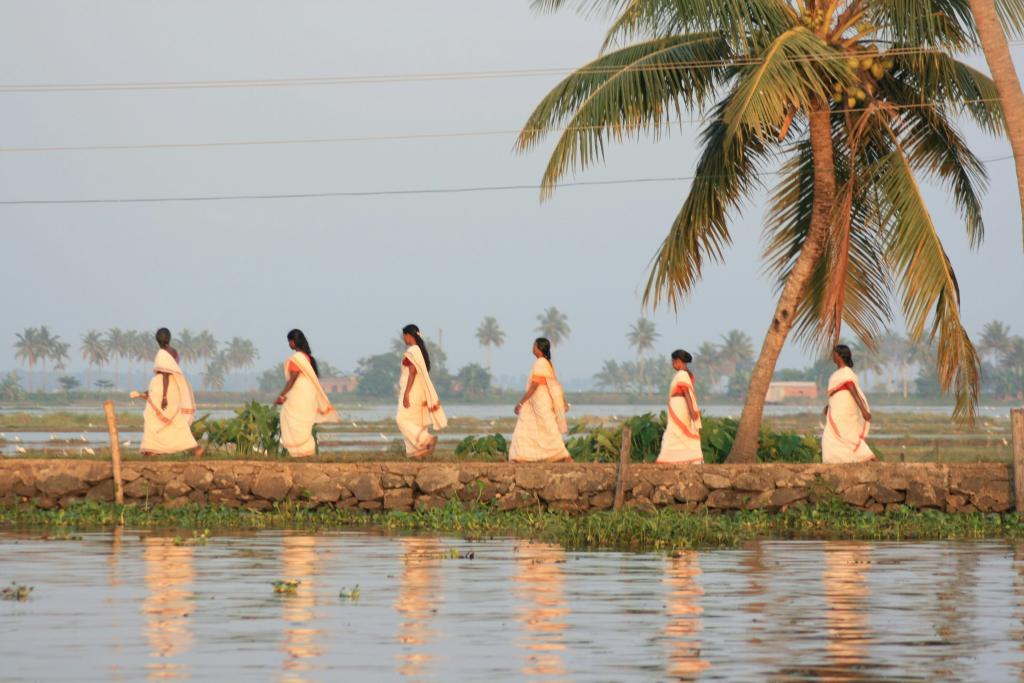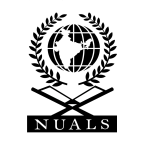Critical scholars have long argued that international law, for all its claims to universality, remains structured by hierarchy and inequality, while also contributing to the reproduction of extra-legal economic, political, ecological, and social hierarchies and dependencies. Which divides—North-South, class, race, gender, etc—though, are most salient? How should we understand their intersection and implications in a world of hyper-globalisation? Drawing on critical traditions in both law and economics, this panel will reflect on the nature and implications of hierarchy and inequality in the contemporary world and law’s role in confronting them.
SPEAKERS
B.S. Chimni is Distinguished Professor of International Law at Jindal Global Law School. A leading figure in Third World Approaches to International Law (TWAIL), his publications include International Law and World Order: A Critique of Contemporary Approaches (CUP 2017), ‘Customary International Law: A Third World Perspective’ in the American Journal of International Law.
Ruchira Sen is Associate Professor at Jindal School of Journalism and Communication where she teaches economics. Her work focuses on gender and the economy as well as the role of global capitalist incursions into non-capitalist economies in the neoliberal era.
Tor Krever is Assistant Professor in International Law at the University of Cambridge. His work is focuses on the history and theory of international law, as well as critical and Marxist approaches to international law and left-legal theory more generally.




